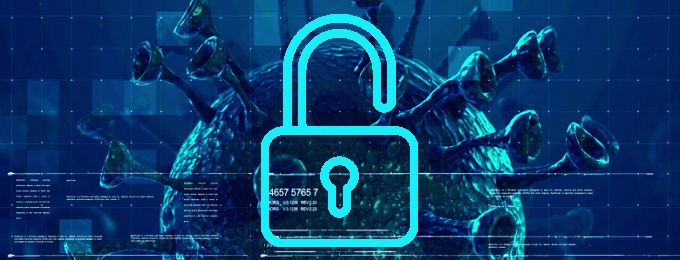With a new manifesto, the European Commission encourages researchers and institutions to support the open access to Covid-19 research results.
The Covid-19 crisis has led to unprecedented research and innovation efforts around the world and a wealth of targeted funding instruments and calls. The availability and accessibility of the results of such research is crucial for their efficient use in the fight against the virus. To facilitate this accessibility, the European Commission (EC) has thus launched a Manifesto on 28 July.
The Manifesto shall guarantee that the results from EU funded Covid-19 research in all areas will be accessible to all and result in a return on public investment. It provides guidelines and principles for grantees and highlights the importance of cooperating within the EU and beyond in order to prepare the ground for products and solutions and make them available to all according to Mariya Gabriel, Commissioner for Innovation, Research, Culture, Education and Youth. For Gabriel, Covid-19 is an example supporting the need for Open Science and Open Access.
At the core of the Manifesto are three guiding principles. First, researchers shall make any kind of results public and accessible without any delay. They can use any existing platform or patent pool for this, but may also profit of the newly established and dedicated Horizon Results Platform. Second, open access to research papers and data must happen according to the FAIR (findable, accessible, interoperable and re-useable) principles via preprint servers or public repositories. Other researchers should be able to build on publications and validate the created data. To facilitate the data sharing process, the EC had already in spring launched the Covid-19 Data Portal. Third, researchers shall grant non-exclusive royalty free licences for the intellectual property generated by EU funded Covid-19 research where possible. These licences shall persist until one year after the WHO declares the Covid-19 crisis as ended.
The Manifesto seeks the support from public and private stakeholders, who benefit from EU funding, as well as from other funders and individuals. Endorsing the Manifesto does not result in any legal implications for signed grants. Fourteen different organisations have already given their support. Among them are umbrella organisations such as ALLEA, the All European Academies, or YERUN, the Network of Young European Research Universities, but also research funders and research performing institutions including the European Molecular Biology Laboratory (EMBL) and the Paul Scherrer Institute (PSI) from Switzerland.

